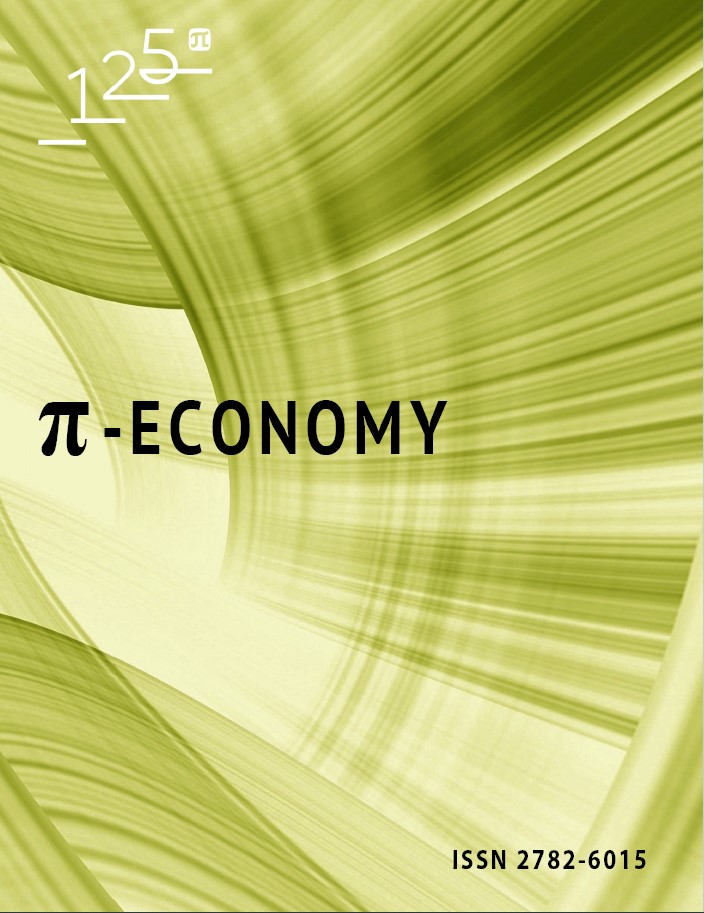New issues of the quality management and its certification
In the paper, on the example of features of Transneft Druzhba, JSC the issues of sufficiency of certification of an organisation’s quality management system for compliance with the requirements of “ISO 9001: for the provision of services” were considered. It is shown that the organisation’s quality management system certificated for compliance with ISO 9001 requirements does not guarantee consumers the quality of goods (or services) declared by the organisation, and the adopted system of certification of the quality management system undermines trust in the international quality certification institute. The purpose of the study was to prove that, to control the quality of the subject’s work, an adequate understanding of its structure, kinematics and additional features that allow organisation to extract unrecorded financial benefits is required. With outside control, controllers usually pay attention only to the subject of the verification itself, overlooking the fact that it belongs to a larger system that encompasses it, and its participation in a single process of forming the final product. Therefore, when verifying the implementation of ISO 9000 standards, they are usually shown only those areas of the organisation that can pass the quality inspection and do not disclose the existing links between sequential processes. Thereby they exclude the existing transaction costs from consideration (in particular, the costs associated with the need to implement input control at least based on the use of statistical methods). To confirm the initial hypothesis, the paper used methods of scientific abstraction and functional analysis. As a result of the research, the following statements are confirmed. Quality management and knowledge management issues have the complementary nature. The object is independent of knowledge and existed before its appearance. On the contrary, the subject of knowledge forms knowledge itself. “Including” an object in its activity, the subject considers it from the sides he is interested in, which become the “representative” of the entire multilateral facility, forgetting that the object of knowledge is a product of his cognitive activity, subjected to specific laws that do not coincide with the laws of the object itself. It is further proposed to present a model of certification of the quality management system, in which the existing shortcomings will be eliminated.



